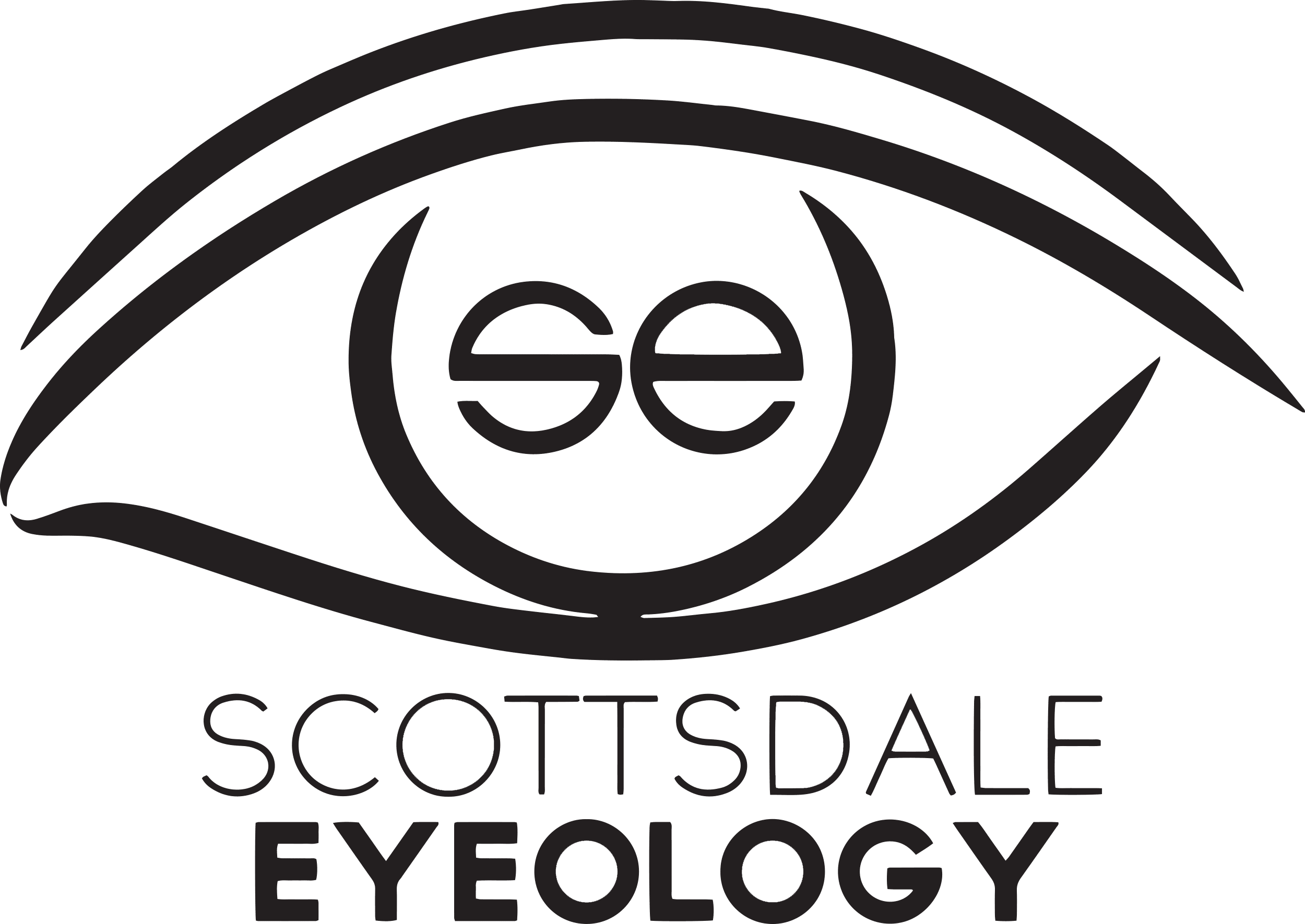As we age, our eyes undergo several changes which manifest in the form of a common vision problem known as presbyopia. This condition often occurs after the age of 40 and leads to difficulty in focusing on nearby objects, making daily activities such as reading or using electronic devices challenging. However, there are plenty of natural and straightforward methods you can use to prevent or reduce the effects of presbyopia right at home!
What is Presbyopia?
Presbyopia is an age-related condition that causes difficulty focusing on close objects. It is a type of refractive error, which occurs when the eye does not focus on light properly. Presbyopia usually affects people over the age of 40 and is a natural part of aging.
How You Can Prevent Presbyopia Naturally
As we age, the lens of our eye becomes less flexible, which makes it harder for us to focus on close objects. This condition is called presbyopia, and it is a natural part of the aging process. There are several ways that you can prevent presbyopia naturally at home:
Increase Vitamin A Intake
If you’re looking for ways to prevent presbyopia naturally at home, one of the best things you can do is increase your vitamin A intake. Vitamin A is essential for healthy eyesight, and it’s also been shown to help slow the progression of presbyopia. You can get more vitamin A in your diet by eating foods like carrots, sweet potatoes, kale, and spinach. You can also take a vitamin A supplement if you feel like you’re not getting enough from your diet.
Wear Sunglasses
Sunglasses are one of the best ways to prevent presbyopia, especially when you’re outdoors. They help protect your eyes from ultraviolet (UV) rays, which can damage the eye’s lens and lead to presbyopia. Make sure to choose sunglasses that block out 99% or more of both UVA and UVB rays.
Stop Smoking
It is no secret that smoking is terrible for your health. Not only does it increase your risk of developing cancer, but it can also lead to presbyopia. Studies have shown that smokers are four times more likely to develop presbyopia than those who do not smoke. If you want to prevent presbyopia, you need to quit smoking.
There are many resources available to help you quit smoking. Your doctor can prescribe medication to help with withdrawal symptoms and there are many support groups available online and in person. Take advantage of these resources and make the commitment to quit smoking today.
Eat Foods Rich in Anti-Oxidants
There are many foods that contain anti-oxidants and can help prevent presbyopia naturally. Some of these include carrots, Spinach, kale, tomatoes, blueberries, and oranges. These foods contain vitamins A, C, and E which are all important for eye health. Eating a diet rich in these nutrients can help keep your eyes healthy and prevent vision problems as you age.
Ensure Proper Hydration
One of the most important ways to prevent presbyopia naturally at home is to ensure proper hydration. Dehydration can lead to many vision problems, including presbyopia. Drink plenty of water and other fluids every day to keep your body properly hydrated. You should also avoid caffeine and alcohol, as they can contribute to dehydration.
Eat a Balanced Diet
A balanced diet is essential for overall health, and this includes eye health. There are certain nutrients that are particularly important for eye health, including omega-3 fatty acids, lutein, and zinc. Eating a diet rich in these nutrients can help to keep your eyes healthy and prevent presbyopia.
Omega-3 fatty acids are found in fatty fish like salmon, tuna, and sardines. They are also found in flaxseeds, chia seeds, and walnuts. Lutein is found in dark leafy greens like spinach and kale. It is also found in eggs and yellow fruits like mangoes and papayas. Zinc is found in oysters, beef, lamb, pumpkin seeds, and cocoa powder.
Eating a diet that includes all of these nutrients can be difficult. A good way to make sure you’re getting everything you need is to take a daily multivitamin supplement that contains these nutrients. You can also talk to your doctor about taking a supplement specifically formulated for eye health.
Practice Eye Exercises
To prevent presbyopia, you can do some simple eye exercises at home. These exercises will help to strengthen the muscles around your eyes and improve your vision.
Some simple eye exercises that you can do at home include:
1. Palming – This exercise is done by cupping your hands over your closed eyes and relaxing for a few minutes. This will help to soothe your eyes and relieve any stress or tension that they may be under.
2. Eye Rolls – To do this exercise, simply roll your eyes in a clockwise direction and then reverse the direction and roll them counterclockwise. Do this for a few minutes each day to help improve the movement of your eyes.
3. Focus Changes – Sit in a comfortable position and hold an object about 10-12 inches away from your face. Focus on the object for a few seconds and then shift your focus to something else that is further away. Repeat this process a few times each day to help improve your ability to focus on objects at different distances.
4. Convergence – To do this exercise, sit in a comfortable position and hold your thumb up in front of you at arm’s length. Focus on the thumb while slowly bringing it closer to your nose until it is about 6 inches away. Hold this position for a few seconds before slowly moving the thumb back to arm’s length again. Repeat this process several times each day to help improve the convergence of your
Reduce Digital Device Usage
As people age, the risk of developing presbyopia—a condition that makes it difficult to focus on close objects—increases. Although there is no cure for presbyopia, there are some things you can do to prevent the condition from worsening. One way to do this is to reduce your usage of digital devices.
Spending extended periods of time looking at screens can cause eye fatigue and strain, which can contribute to the development of presbyopia. If you use digital devices regularly, take breaks often, and make sure to blink frequently to keep your eyes lubricated. Additionally, try to limit your screen time in general and give your eyes a break by looking into the distance every so often.
Vitamins C & E
Vitamins C and E are two of the most important vitamins for eye health. Vitamin C is an antioxidant that helps protect the eyes from damage caused by free radicals. Vitamin E is a fat-soluble vitamin that helps to keep the cell membranes in the eyes healthy. Including these vitamins in your diet can help to prevent presbyopia naturally at home.
Foods that are rich in vitamin C include citrus fruits, strawberries, bell peppers, broccoli, and Brussels sprouts. Vitamin E can be found in foods such as nuts, seeds, and olives. You can also get both vitamins from supplements. If you take supplements, be sure to talk to your doctor first to find out what dosage is right for you.
Conclusion
Presbyopia can be a real problem for people of all ages, but with the right steps and lifestyle changes, it is possible to keep presbyopia from becoming a bigger issue. We hope that these 9 tips have helped you understand how to naturally prevent presbyopia at home. The combination of eye-friendly exercises, diet, and supplements should help improve your overall eyesight as well as protect against further vision decline. Taking care of your vision now will only benefit you in the long run!


